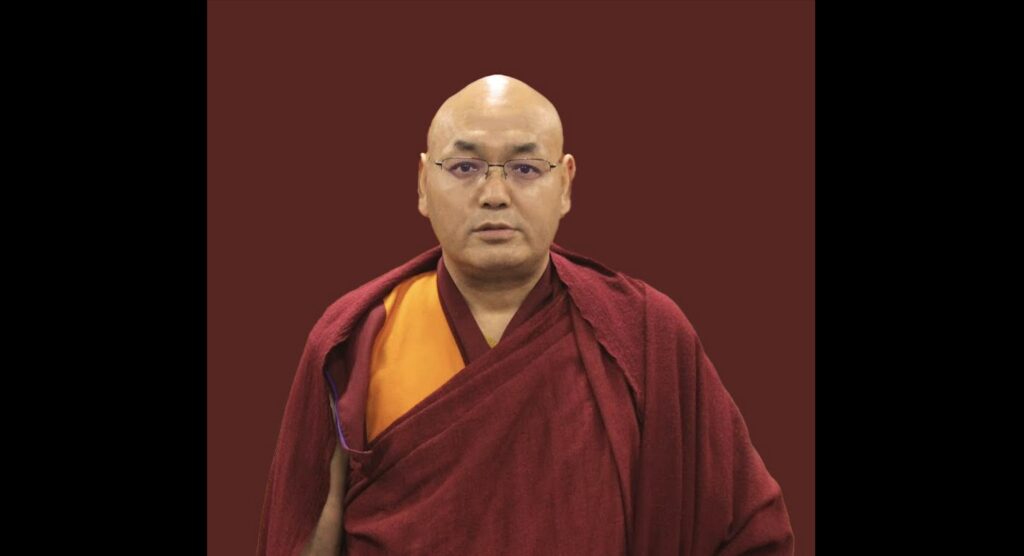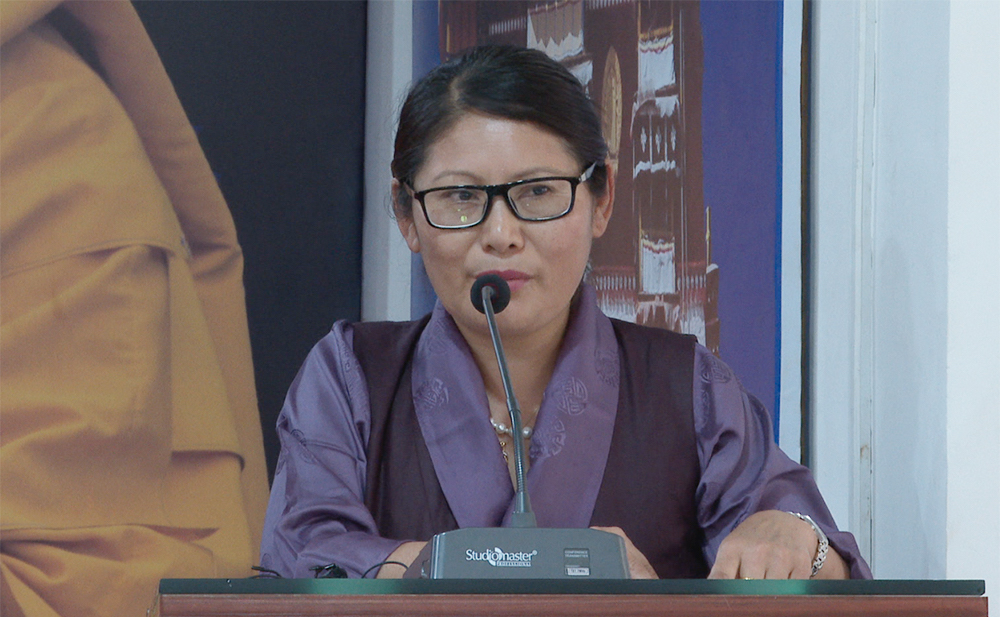
Tashi Wangchuk in Yushu, China, in 2015. Gilles Sabrié for The New York Times
Dharamshala: Tibetan language rights advocate Tashi Wangchuk, who was wrongfully sentenced to five-year imprisonment for giving an interview to The New York Times about the Chinese policies of Sinicization of Tibetan language and the need to protect the Tibetan language, has been released after completing his term.
His lawyer Liang Xiaojun tweeted that Tashi Wangchuk was reportedly released on 28 January. According to his lawyer, Tashi Wangchuk was brought back to his sister’s home in Yulshul and shared that his family has said he is in good health. “I do not know whether he is fully free as I was unable to get a photo of him or contact his family,” tweeted lawyer Liang Xiajun.
Sikyong Dr Lobsang Sangay, the President of the Central Tibetan Administration said, “On this day when we welcome the news of Tashi Wangchuk’s release from the prison, it is imperative that we remember that like thousand others, Tashi Wangchuk was falsely charged, subjected to sham prosecution and unlawfully imprisoned for acts that are within, and in fact upholds, the provisions in the Chinese constitution.”
Sikyong Dr Lobsang Sangay further remarked, “The ordeal that Tashi Wangchuk and his family suffered in the last five years is but one example of the severe retributions that tens of thousands of Tibetans who advocate for Tibetan cultural and language rights face in China-occupied Tibet. At least 155 Tibetans have self-immolated in Tibet in protests against the PRC government’s oppressive policies and many of the protesters have lamented the deplorable state of Tibetan language and have called for its preservation and promotion.”
“We unequivocally call on the PRC government to unconditionally release the thousands of Tibetans still languishing in Chinese prison and to put an end to further restrictions and surveillance”, said Sikyong Dr Lobsang Sangay.
Tashi Wangchuk was arbitrarily detained in January 2016 following the release of a documentary by The New York Times which featured Tashi Wangchuk’s journey to Beijing to condemn the Chinese language and education policy in Tibetan areas. While in detention, he was subjected to torture and repeatedly beaten during interrogations.
In January 2018, the 35-year-old Tibetan human rights defender was falsely charged with “inciting separatism” after being arbitrarily detained for more than two years. Representatives from the United States, Canada, the European Union and the United Kingdom were all denied entry to the trial held behind closed doors. In May 2018, a Chinese court in Yulshul sentenced Tashi Wangchuk to five years in prison and an additional five years of deprivation of political rights.
Information on Tashi Wangchuk’s health could not be ascertained at this moment except for his lawyer’s tweet.
In The New York Times short documentary, Tashi Wangchuk says, “The local government is controlling the actual Tibetan culture, such as the spoken and written language. It looks like development or help on the surface, but the actual goal is to eliminate our culture.”
China formally introduced a policy of “bilingual education” in 2010 for schools in all minority areas in China, including “Tibet Autonomous Region”. In theory, it means the use of both Tibetan and Chinese languages. But in practice, the working language in schools even at the township level is becoming Chinese. In the process, Tibetan schools are pressurised into switching the medium of instruction from Tibetan to Chinese.
While the Chinese authorities insisted that Tashi Wangchuk’s advocacy work was a highly political matter, he rejected the claim noting that his action was in line with the constitution of the People’s Republic of China.
Tashi Wangchuk’s case had garnered strong international outcry with UN human rights experts, the EU, and member states repeatedly calling on China for his immediate release and to drop all the vague charges against him.
– Filed by UN, EU and Human Rights Desk/DIIR





